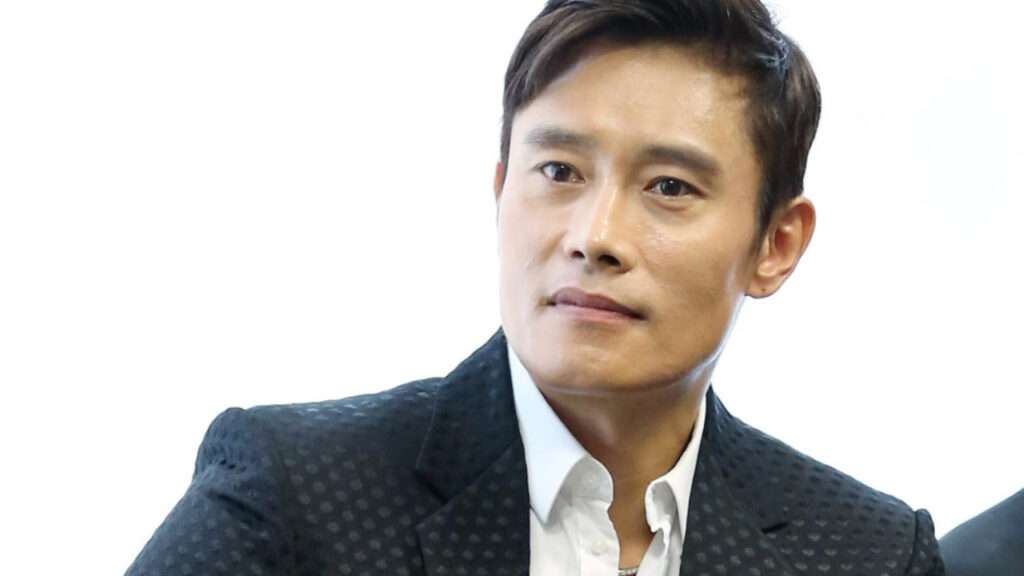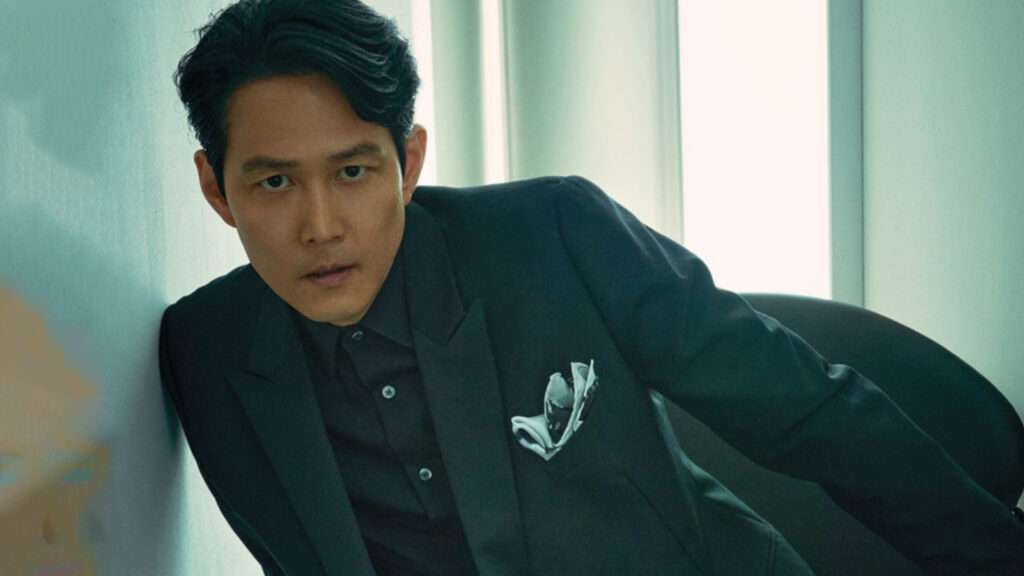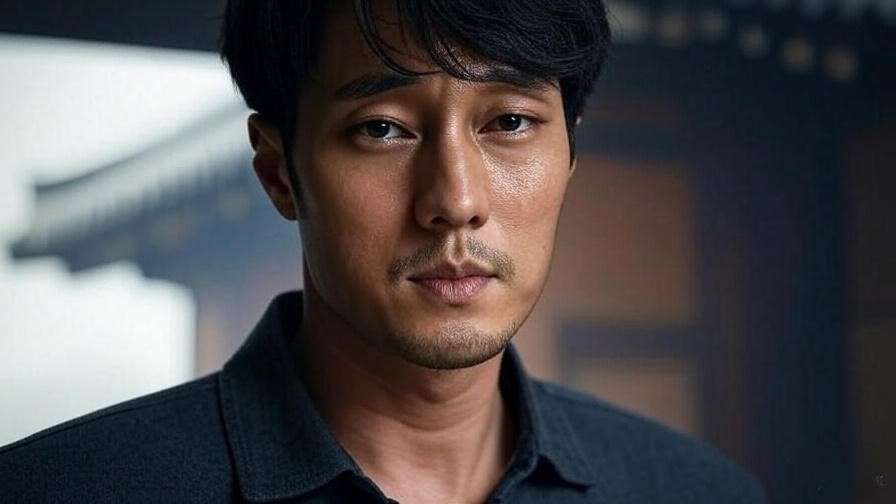Imagine a scene where a single glance conveys a storm of emotions—grief, rage, and resolve—captivating millions worldwide. This is the magic of Lee Byung-hun, a name synonymous with the Lee Byung-hun profile and biography that fans of Korean drama and cinema seek to explore. From his gripping role as the enigmatic Front Man in Squid Game to his commanding presence in Joint Security Area, Lee has redefined Korean entertainment’s global reach. This article delves into his life, career, and enduring legacy, offering fans and newcomers alike a comprehensive look at a Hallyu icon. Whether you’re a Korean drama enthusiast or an aspiring actor, Lee’s journey provides inspiration and insight into the heart of Korean culture.
Early Life and Background
 Childhood and Family
Childhood and Family
Born on July 12, 1970, in Seoul, South Korea, Lee Byung-hun grew up in a middle-class family in the bustling capital. Raised alongside his younger sister, Lee Eun-hee, who later became Miss Korea 1996, he was exposed to a culture that valued discipline and ambition. His parents, both office workers, instilled a strong work ethic, which shaped his approach to acting. In a 2018 interview with The Korea Herald, Lee recalled his childhood fascination with films, sneaking into theaters to watch classics despite his modest allowance. This early passion for storytelling laid the foundation for his illustrious career.
Education and Initial Career Aspirations
Lee attended Hanyang University, majoring in French Literature, a choice reflecting his intellectual curiosity. However, his heart was set on acting. In 1991, he auditioned for KBS’s talent recruitment program, marking his entry into the entertainment industry. Unlike many peers who stumbled into acting, Lee’s decision was deliberate, driven by a desire to bring characters to life. His university years honed his analytical skills, which later translated into his nuanced performances. This blend of academic rigor and creative ambition set him apart in South Korea’s competitive acting scene.
Rise to Stardom in South Korea
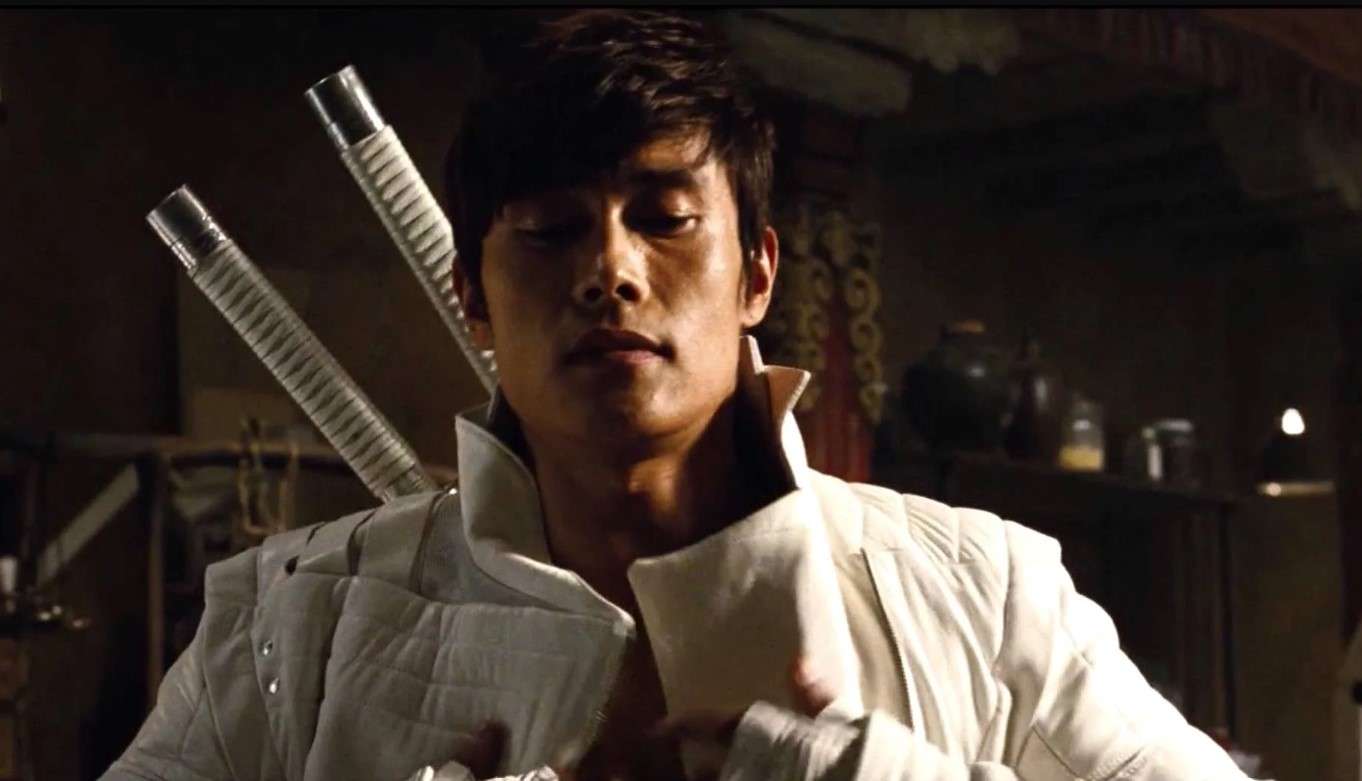 Breakthrough Roles in Korean Dramas
Breakthrough Roles in Korean Dramas
Lee’s career ignited with his debut in the 1991 KBS drama Asphalt My Hometown, where he played a young man navigating urban challenges. The role, though modest, showcased his ability to convey raw emotion, earning him attention in South Korea’s growing drama industry. Subsequent roles in Tomorrow Love (1992) and Police (1994) solidified his reputation as a versatile leading man. These dramas, rooted in relatable themes of love and societal pressure, resonated with audiences during South Korea’s rapid modernization, making Lee a household name.
Transition to Film
In 2000, Lee transitioned to the big screen with Park Chan-wook’s Joint Security Area (JSA), a landmark in Korean cinema. Playing Sergeant Lee Soo-hyuk, he portrayed a soldier caught in the tensions of the Korean DMZ, earning critical acclaim for his layered performance. JSA became one of South Korea’s highest-grossing films at the time, as noted by the Korean Film Council, and won Lee the Best Actor award at the 2000 Busan Film Critics Awards. This role marked his shift from TV heartthrob to serious cinematic talent, showcasing his ability to tackle complex narratives.
Defining Moments in Korean Cinema
Lee’s filmography blossomed with roles that highlighted his range. In A Bittersweet Life (2005), directed by Kim Jee-woon, he played Sun-woo, a stoic hitman whose loyalty unravels in a tragic betrayal. Critics, including Variety, praised his ability to balance intensity and vulnerability. Similarly, The Good, the Bad, the Weird (2008), a Korean Western, saw him as the charismatic “Bad,” earning him a nomination at the Asian Film Awards. These films not only cemented his status in South Korea but also drew international attention, aligning with the rising Hallyu wave.
Global Recognition and Hollywood Career
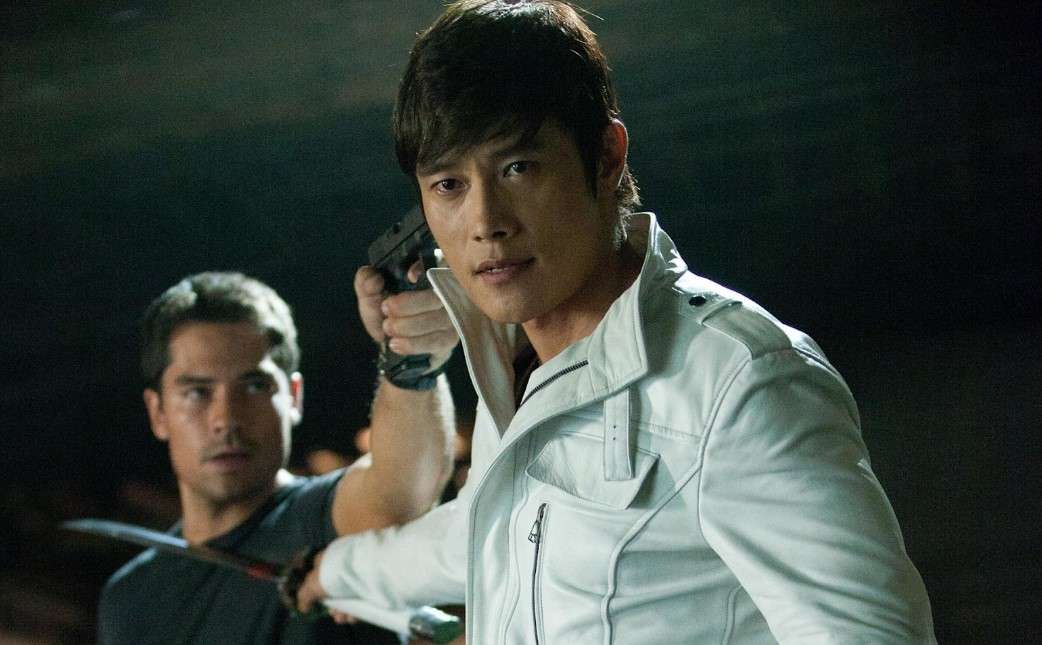 Breaking into Hollywood
Breaking into Hollywood
In 2009, Lee made his Hollywood debut as Storm Shadow in G.I. Joe: The Rise of Cobra. Playing a ninja with a conflicted past, he brought depth to a blockbuster role, despite the challenges of language barriers and cultural differences. In a 2013 interview with The Hollywood Reporter, Lee shared the difficulties of mastering English dialogue while maintaining authenticity. His dedication paid off, as G.I. Joe grossed over $300 million worldwide, per Box Office Mojo, introducing Lee to global audiences and proving Korean actors could thrive in Hollywood.
Major Hollywood Roles
Lee reprised his role as Storm Shadow in G.I. Joe: Retaliation (2013), which grossed $375 million globally. He also starred in RED 2 (2013) as a skilled assassin and Terminator Genisys (2015) as the iconic T-1000. These roles showcased his action-star prowess while highlighting his ability to adapt to diverse genres. The table below summarizes his Hollywood ventures:
| Film | Role | Year | Global Box Office |
| G.I. Joe: The Rise of Cobra | Storm Shadow | 2009 | $302 million |
| G.I. Joe: Retaliation | Storm Shadow | 2013 | $375 million |
| RED 2 | Han Cho-bai | 2013 | $148 million |
| Terminator Genisys | T-1000 | 2015 | $440 million |
Impact on Korean Actors in Hollywood
Lee’s Hollywood success opened doors for other Korean actors. Stars like Ma Dong-seok (Eternals) and Park Seo-joon (The Marvels) have cited Lee’s trailblazing as inspiration, per a 2021 Soompi report. His ability to navigate cultural divides while maintaining authenticity set a benchmark, contributing to the global Hallyu wave. Industry analysts note that Lee’s roles helped shift perceptions, proving Asian actors could lead in mainstream blockbusters.
Lee Byung-hun in Squid Game and Recent Projects
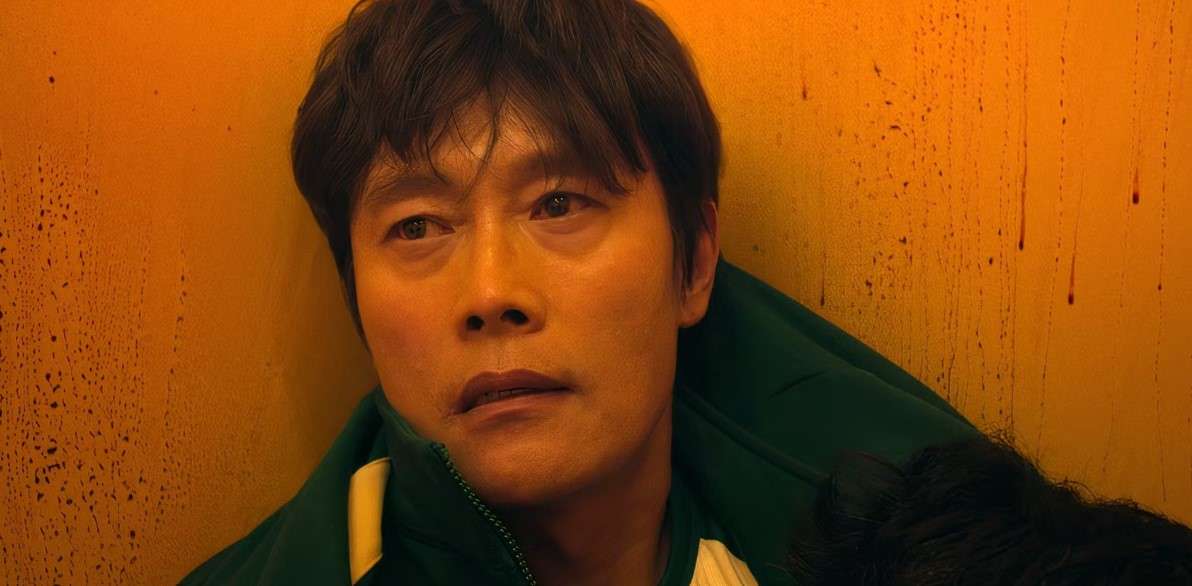 Role in Squid Game (2021)
Role in Squid Game (2021)
Lee’s portrayal of the Front Man in Netflix’s Squid Game (2021) captivated global audiences. As the mysterious overseer of the deadly games, he brought chilling authority to the role, revealed in a dramatic unmasking scene. Squid Game became a cultural phenomenon, with over 1.65 billion viewing hours in its first month, per Netflix data. Lee’s performance earned praise for its intensity, making him a standout in an ensemble cast. This role introduced him to younger audiences, reinforcing his relevance in modern Korean entertainment.
Recent and Upcoming Projects
Lee’s recent work includes the historical drama Mr. Sunshine (2018), where he played a Korean-born U.S. Marine navigating love and loyalty. The series, a critical and commercial hit, averaged 12% viewership ratings, per Nielsen Korea. As of August 2025, Lee is reportedly involved in a new action thriller, though details remain under wraps. Industry insiders, including director Kim Jee-woon, have praised his professionalism, noting his ability to elevate any project. Fans eagerly await his next move, with rumors of a Squid Game Season 2 appearance.
Personal Life and Public Persona
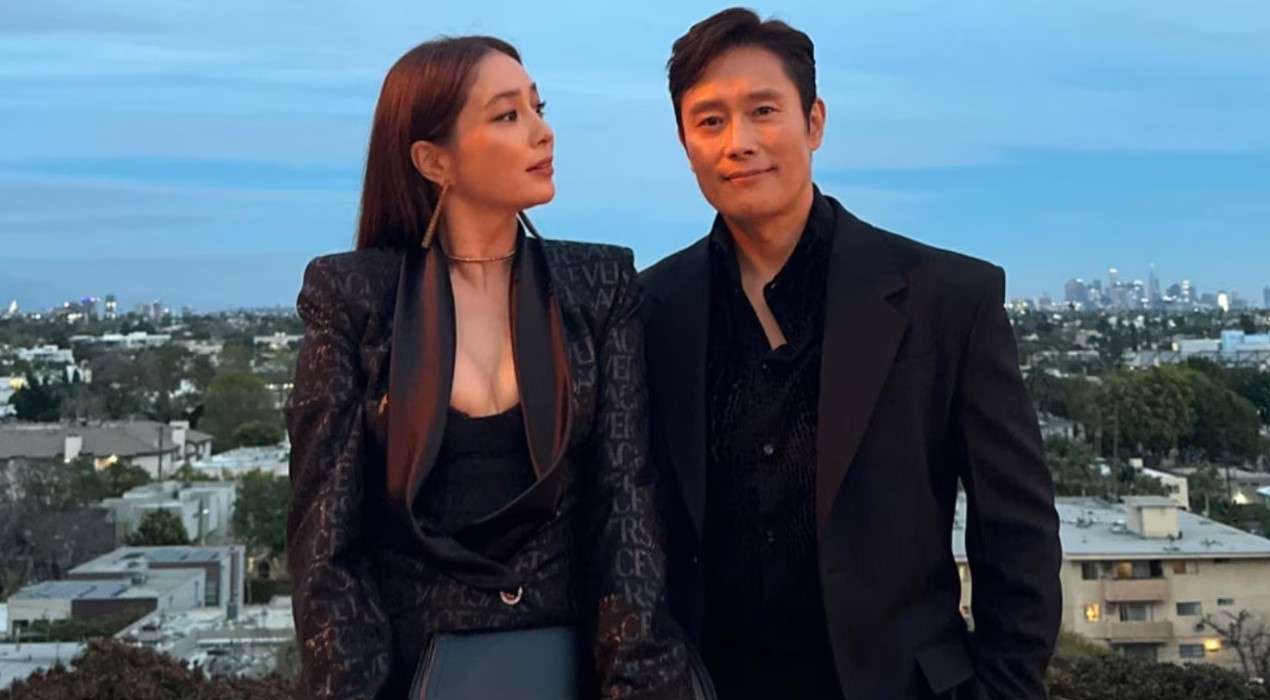 Marriage and Family
Marriage and Family
In 2013, Lee married actress Lee Min-jung, a beloved figure in Korean drama. The couple, who welcomed a son in 2015, is known for their low-key approach to fame. Despite their celebrity status, they prioritize privacy, often sharing only glimpses of their family life. In a 2020 Elle Korea interview, Lee Min-jung described their partnership as grounded in mutual respect, offering fans a relatable glimpse into their dynamic.
Philanthropy and Public Image
Lee is an active philanthropist, supporting causes like education and disaster relief. He donated ₩100 million to aid victims of the 2011 Japan earthquake, per Yonhap News. His commitment to social good enhances his reputation as a respected figure in South Korea. Fans admire his humility, often citing his polite demeanor in public appearances as a hallmark of his character.
Controversies and Resilience
In 2014, Lee faced a publicized controversy involving a legal dispute, which he addressed with accountability. He emerged stronger, focusing on his craft and family. This resilience, covered neutrally by outlets like The Korea Times, underscores his ability to navigate challenges while maintaining public trust.
Acting Style and Legacy
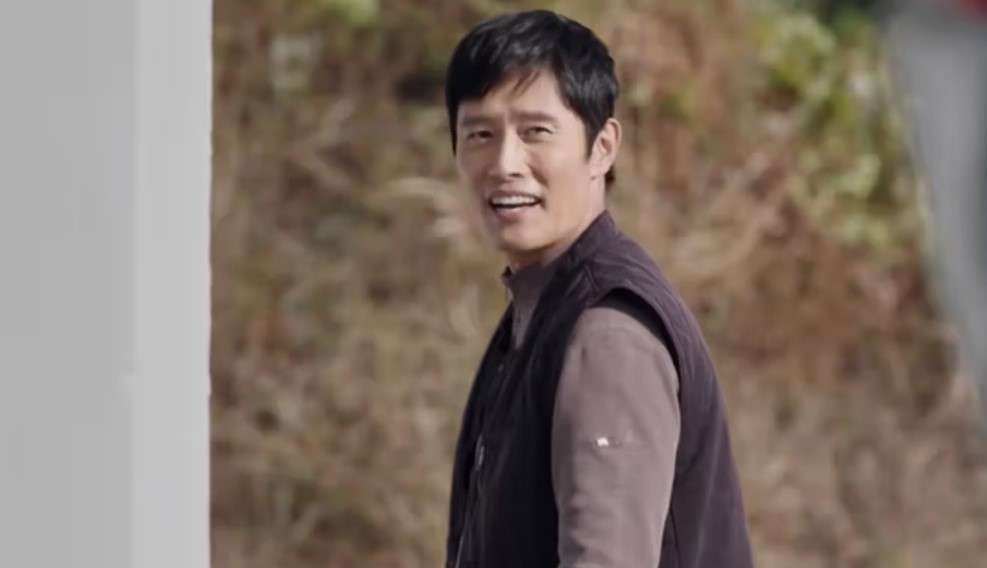 Signature Acting Techniques
Signature Acting Techniques
Lee Byung-hun’s acting is a masterclass in subtlety and intensity, blending raw emotion with meticulous control. Whether portraying a stoic hitman in A Bittersweet Life or a conflicted soldier in Joint Security Area, he excels at conveying complex emotions through minimalistic expressions. Critics, such as those at the Busan International Film Festival, have lauded his ability to “speak with his eyes,” a technique evident in the iconic restaurant scene in A Bittersweet Life where his character’s silence screams betrayal. Lee’s versatility spans action, drama, and thriller genres, making him a chameleon on screen. His preparation involves deep character study, often drawing from personal experiences to add authenticity, as he shared in a 2019 Cine21 interview.
Influence on Korean Entertainment
Lee’s impact on the Korean Wave (Hallyu) is undeniable. His roles in films like The Good, the Bad, the Weird helped elevate Korean cinema on the global stage, contributing to the industry’s growth from a niche market to a $1.5 billion industry by 2020, per the Korean Film Council. He has mentored younger actors, with stars like Kim Woo-bin citing his guidance in a 2022 KBS interview. Lee’s accolades, including multiple Baeksang Arts Awards and a 2016 Asia Artist Award, reflect his stature. His ability to bridge traditional Korean storytelling with universal themes has inspired a generation of filmmakers and actors.
Enduring Legacy
Lee Byung-hun’s legacy lies in his role as a cultural ambassador. His Hollywood breakthroughs and Squid Game success have made him a global face of Korean entertainment, paving the way for projects like Parasite and Minari. As of 2025, his influence continues to grow, with younger audiences discovering his earlier works through streaming platforms. Industry experts predict he will remain a pivotal figure, potentially directing or producing in the future, given his expressed interest in a 2023 JoongAng Ilbo interview. His career exemplifies how talent and perseverance can transcend borders, making him a timeless icon.
Why Lee Byung-hun Matters to Fans and Aspiring Actors
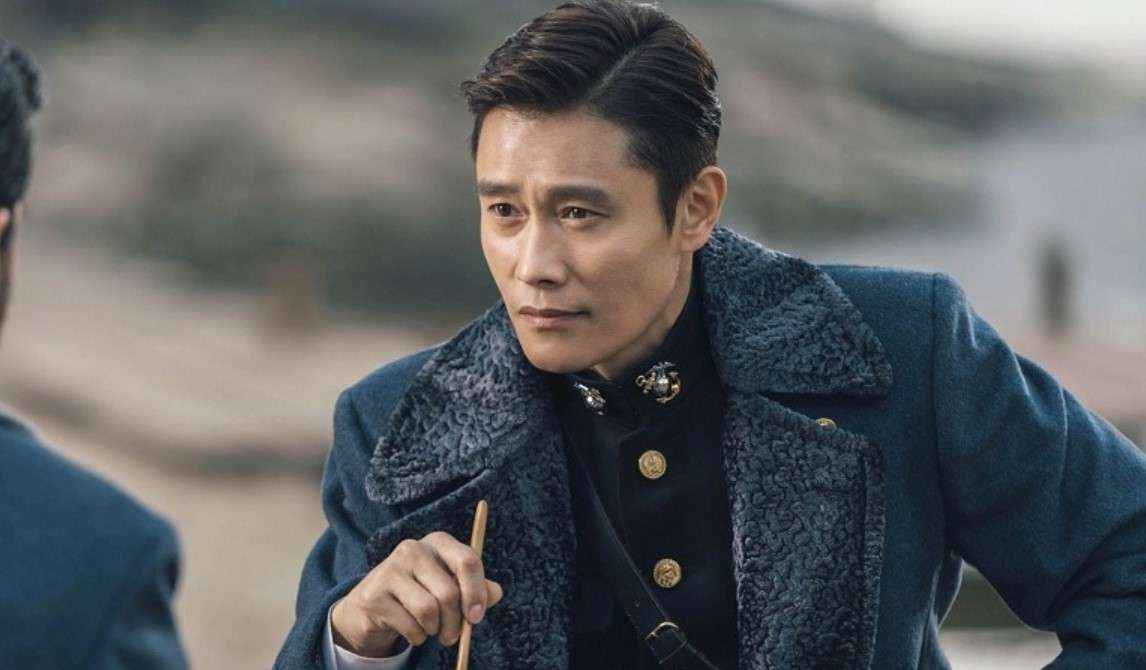 Lee Byung-hun’s journey resonates deeply with fans of Korean drama and aspiring actors. For fans, his roles offer a window into Korean culture, from historical epics like Mr. Sunshine to modern dystopias like Squid Game. His ability to portray relatable yet larger-than-life characters creates an emotional connection, making him a beloved figure. For aspiring actors, Lee’s career offers valuable lessons:
Lee Byung-hun’s journey resonates deeply with fans of Korean drama and aspiring actors. For fans, his roles offer a window into Korean culture, from historical epics like Mr. Sunshine to modern dystopias like Squid Game. His ability to portray relatable yet larger-than-life characters creates an emotional connection, making him a beloved figure. For aspiring actors, Lee’s career offers valuable lessons:
- Versatility: His seamless transitions between genres demonstrate the importance of adaptability.
- Resilience: Overcoming language barriers in Hollywood highlights the power of perseverance.
- Authenticity: His commitment to understanding characters deeply inspires genuine performances.
- Professionalism: Co-stars consistently praise his work ethic, setting a standard for industry conduct.
These qualities make Lee a role model, encouraging actors to hone their craft and embrace challenges. Fans can explore his filmography to appreciate the evolution of Korean cinema, while aspiring actors can study his techniques to build their own careers.
FAQs About Lee Byung-hun
What is Lee Byung-hun’s most famous role?
His role as the Front Man in Squid Game (2021) is arguably his most globally recognized, though Joint Security Area (2000) and A Bittersweet Life (2005) are iconic in Korean cinema.
How did Lee Byung-hun get into Hollywood?
He debuted as Storm Shadow in G.I. Joe: The Rise of Cobra (2009) after catching the attention of international casting directors through his Korean film success.
Is Lee Byung-hun married?
Yes, he has been married to actress Lee Min-jung since 2013, and they have a son born in 2015.
What awards has Lee Byung-hun won?
He has won multiple Baeksang Arts Awards, a Blue Dragon Film Award, and a 2016 Asia Artist Award, among others.
What are Lee Byung-hun’s upcoming projects in 2025?
While specific details are limited, he is reportedly working on a new action thriller, with potential involvement in Squid Game Season 2.
Lee Byung-hun’s journey from a Seoul native to a global star is a testament to talent, resilience, and cultural impact. From his early days in Korean dramas to his Hollywood blockbusters and the phenomenon of Squid Game, he has shaped the landscape of Korean entertainment. His story offers fans a deeper appreciation of the Hallyu wave and inspires aspiring actors to pursue their dreams with dedication. Dive into Lee Byung-hun’s filmography to explore the heart of Korean cinema, and share your favorite role in the comments below. As the Korean Wave continues to soar, Lee remains a shining beacon of its global influence.

